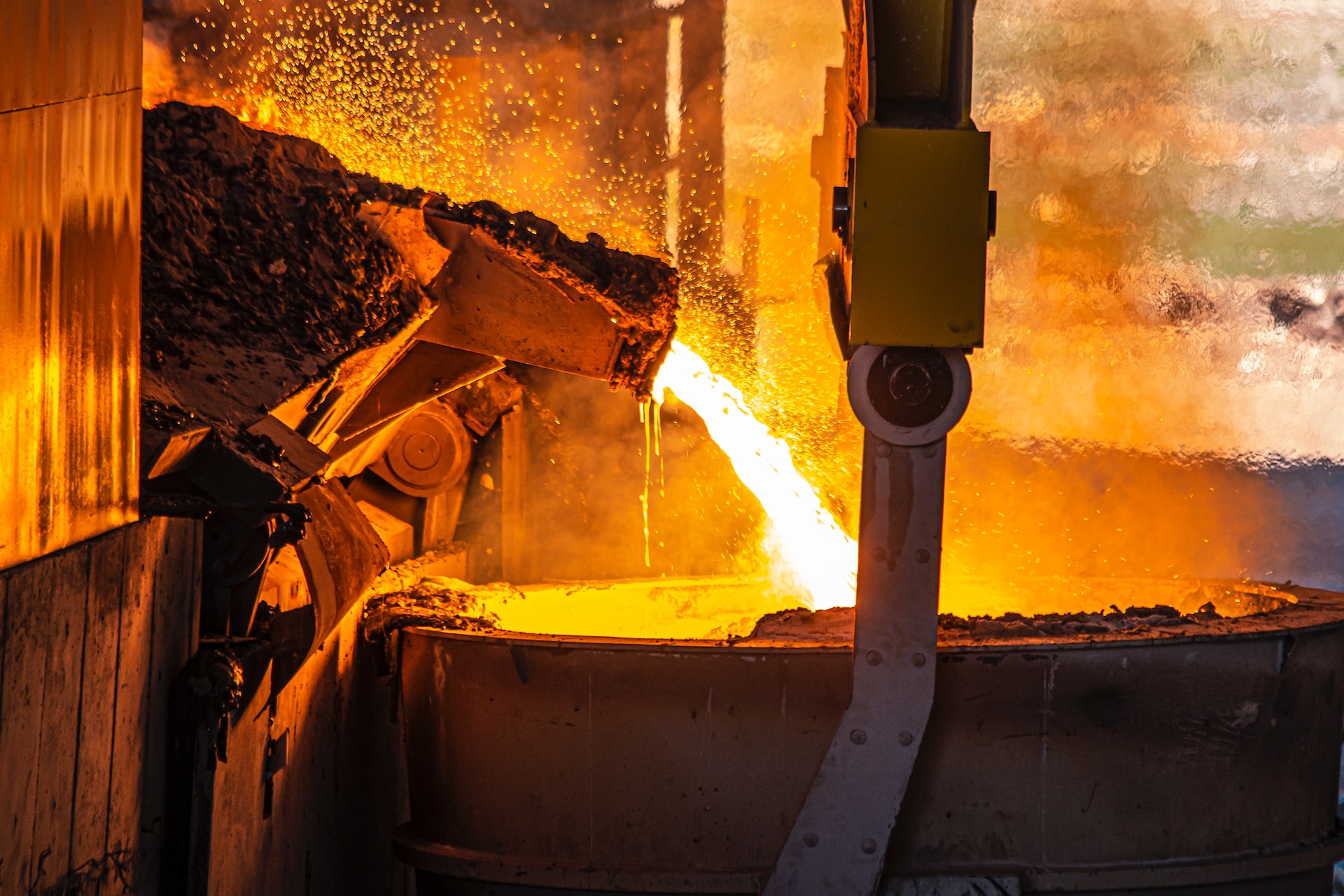German steel industry associations have conceded a good deal of the influence they used to have, with calls growing from market players for their representative bodies to regain strength.
The technical organisation VDEh (Verein der Eisen- und Hüttenleute, or Iron and Steel Institute) and business association Wirtschaftsvereinigung (WV) Stahl lost much of their feathers following a series of cartel cases some eight years ago. Back then, several mills were fined for price fixing, and the cartel office imposed limitations on the associations with regard to networking activities. This meant that conferences and get-togethers became largely taboo.
One obvious sacrifice was the annual “STAHL” gathering in Düsseldorf each November, with numerous talks, papers, international guests, and especially an evening party with a four-digit number of people attending. “Such gatherings were seen as an illegitimate opportunity for company people to address topics under cartel law, so the event was banned altogether,” one seasoned participant tells Kallanish.
Price information from mills’ websites, too, came under suspicion. Until some seven years ago, the pricing consisted of a customary base price (for coil, “Teileffektivpreis”, or TEP for short) accessible on the companies’ websites, plus the extras according to the customer’s request. The given price would be relatively high, and of course still be modified in individual negotiations.
Such information has since disappeared from the websites. “Mills these days give you a final price for your tailored request, and you have to deduct yourself what the underlying base price is,” a coil buyer explains.
The general ban also affects, and impairs, technical exchange and cooperation. “We cannot share information that would be to the benefit of everyone,” the former managing director of VDEh, Hans Bodo Lüngen, bemoaned when he was still in office. “While in the USA, the AIST can publish such findings openly to the entire industry.”
In fact, some German companies have sought a new home at US association AIST, representatives pointed out at the ecoMetals Day conference last autumn. “We used to have organisations that worked very well, and this was sacrificed to the lawyers,” Klaus Harste of Swiss Steel said at a discussion forum. “There are so many topics we should go through together,” he said.
The ecoMetals Day largely addressed the dawning transition of the steel industry towards zero-carbon steel, and participants noted that this effort requires more intensive exchange between players. “I think the associations could and should be allowed to do the work they used to do,” said Frank Ahrenhold of thyssenkrupp Steel. He received applause from the floor when he stated that “I would definitely support a return to decent association work”.
Christian Koehl Germany






